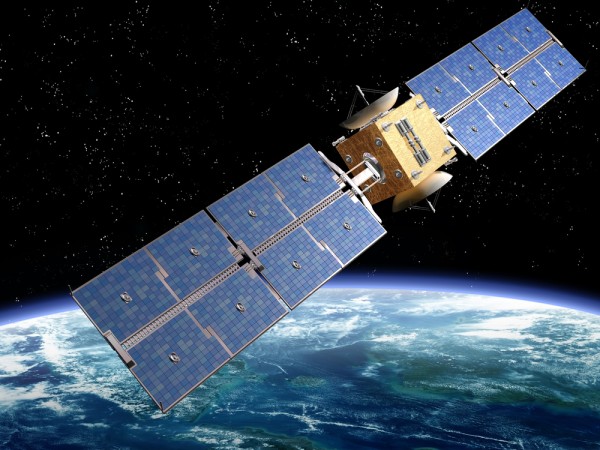 Parler
Parler Gab
Gab
The Biden administration is reportedly gearing up to introduce new measures aimed at protecting U.S. artificial intelligence (AI) technology from China, focusing on the advanced AI models that form the core of systems such as ChatGPT, according to sources reported by Reuters. The Commerce Department is exploring regulatory actions that would restrict the export of proprietary or closed source AI models, which keep both their software and training data confidential.
This initiative is viewed as a continuation of the U.S.’s efforts over the past two years to impede China’s acquisition of sophisticated AI chips, a move intended to slow down Beijing’s military advancements in cutting-edge technology. However, officials acknowledge the challenge of keeping regulatory measures in step with the rapid evolution of the tech industry.
Currently, major U.S. AI firms, including Microsoft-backed OpenAI, Alphabet’s Google DeepMind, and Anthropic, face no governmental restrictions when selling their advanced closed source AI models globally. This has raised concerns among government and private sector researchers about the potential for these models to be used by adversarial nations for cyber attacks or even the development of biological weapons.
In an effort to tighten controls, U.S. officials may use a computing power threshold from an AI executive order issued last October as a basis for determining which AI models should face export restrictions. This threshold relates to the amount of computing power required to train a model, necessitating developers to report their AI development plans and test results to the Commerce Department once certain levels are reached.
The discussions suggest that new export controls could initially apply only to unreleased AI models, as existing ones like Google’s Gemini Ultra have not yet reached the defined threshold, though they are close. The Commerce Department has not yet finalized any rule proposals, but the deliberations indicate a concerted effort to close loopholes that could allow Beijing to exploit U.S. AI innovations.
Concerns extend beyond China, with potential implications for how other countries might use AI technology. The American intelligence community, along with think tanks and academics, has expressed increased worry about the risks posed by foreign entities accessing advanced AI capabilities, which could assist in creating cyber tools or biological weapons.
The U.S. has already taken steps to curb the flow of AI-related technology to China, including restrictions on AI chips and tools necessary for their production. Moreover, a proposed rule would require U.S. cloud companies to report when foreign clients use their services to train powerful AI models. The overarching challenge remains the practicality of imposing effective export controls on AI models, especially given the open-source nature of many developments, which would likely remain outside the scope of any new regulations.
Read more at: YourNews.com
Let food be your cosmetic: Coconut oil outperforms dangerous petroleum body care products
By News Editors // Share
ICC seeks arrest warrants for Israeli and Hamas leaders
By News Editors // Share
Governments continue to obscure COVID-19 vaccine data amid rising concerns over excess deaths
By patricklewis // Share
Tech giant Microsoft backs EXTINCTION with its support of carbon capture programs
By ramontomeydw // Share
Germany to resume arms exports to Israel despite repeated ceasefire violations
By isabelle // Share









